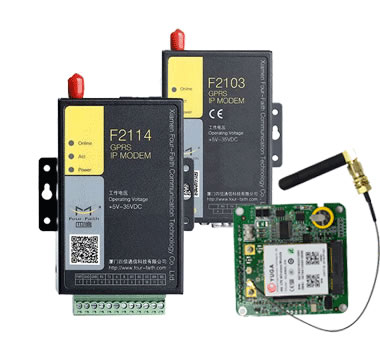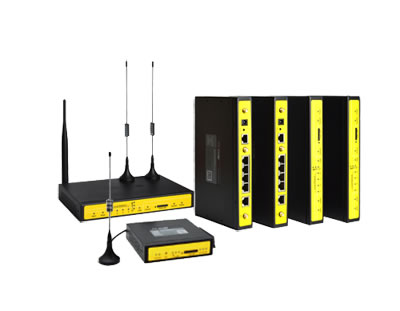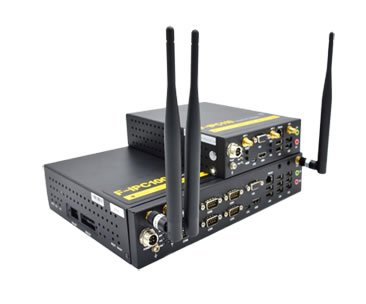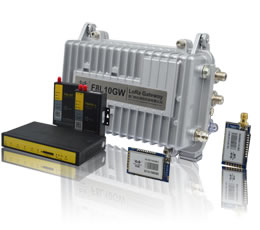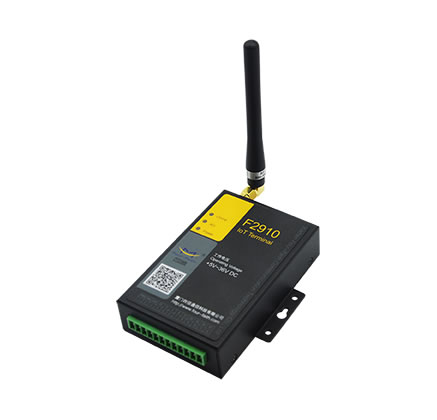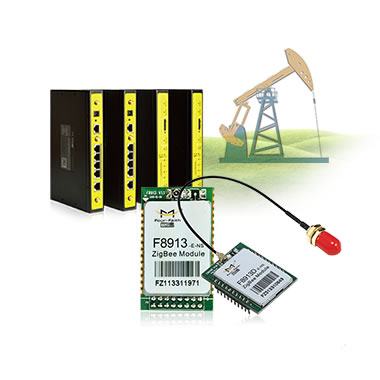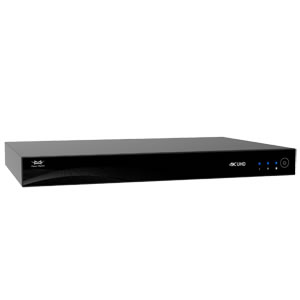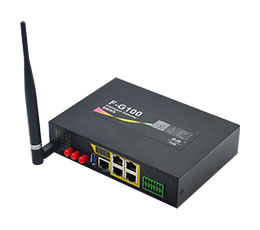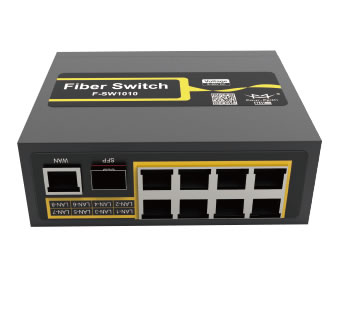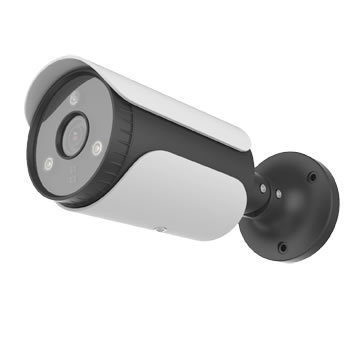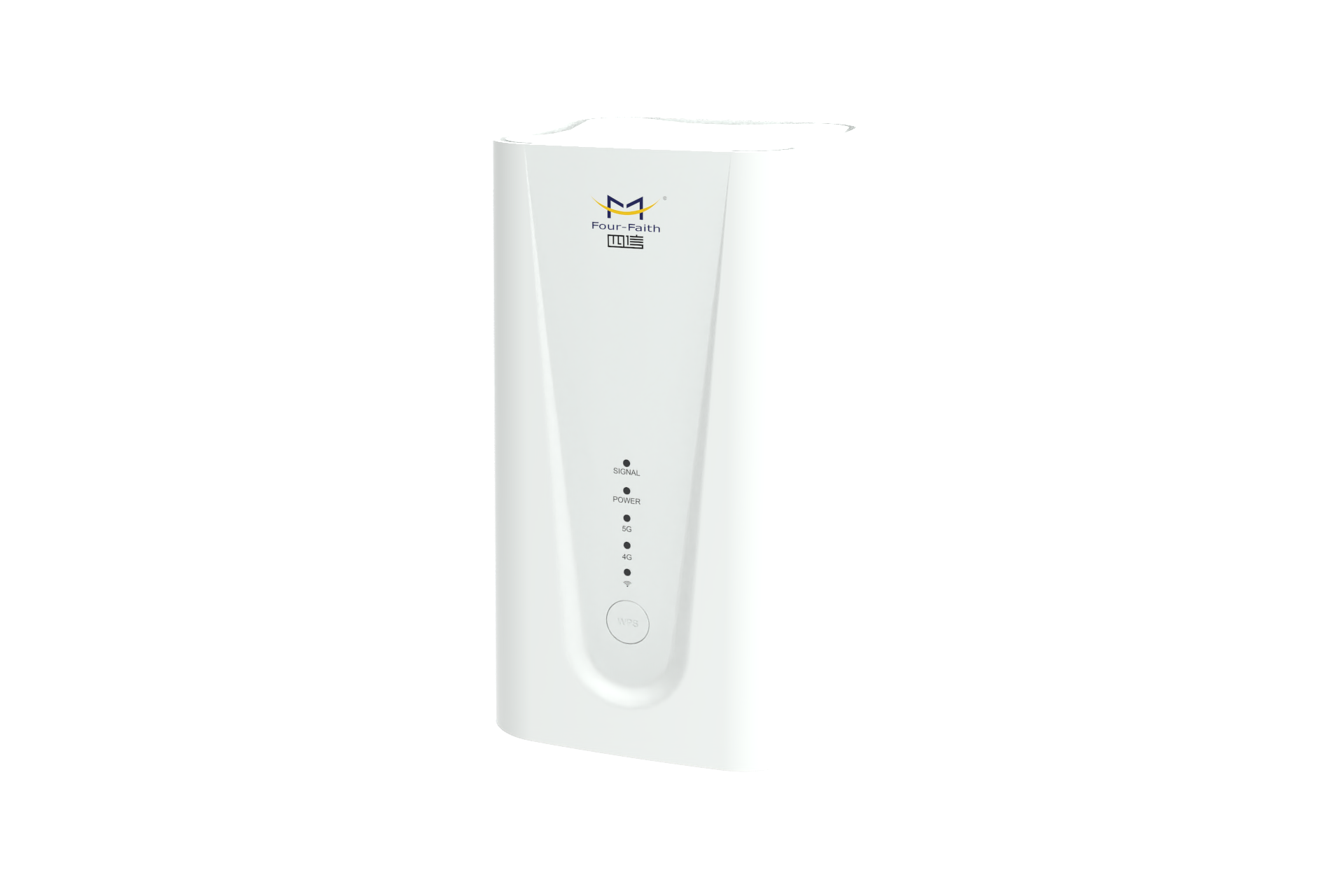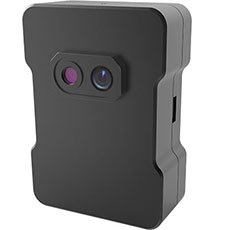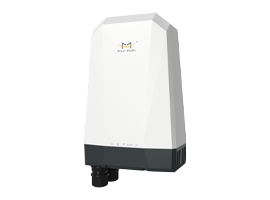Intelligent control system is an automatic control technology that can autonomously drive intelligent machines to achieve control goals without human intervention. For many complex systems, it is difficult to establish an effective mathematical model and use conventional control theory for quantitative calculation and analysis, and a control method that combines quantitative and qualitative methods must be used.
1. The principle of intelligent control system
Control theory is an interdisciplinary branch of engineering and mathematics that deals with the behavior of dynamical systems with input signals. The external input of the system is called "reference value", and one or more variables in the system need to change with the reference value. The controller processes the input of the system so that the output of the system can obtain the desired effect.
The general purpose of control theory is to stabilize the system through the actions of the controller, that is, to maintain the system at the set value and not shake around the set value.
Continuous systems are generally represented by differential equations. If the differential equation has a linear constant coefficient, the differential equation can be transformed by Laplace, and the relationship between its input and output can be represented by a transfer function. If the differential equation is nonlinear and its solution has been found, the nonlinear equation can be linearized around the solution [1]. If the resulting linearized differential equation has constant coefficients, a Laplace transformation can also be used to obtain the transfer function.
A transfer function, also known as a system function or a network function, is a mathematical notation that expresses the relationship between input and output in a linear constant-coefficient system with frequency in time or space.
Block diagrams are often used in control theory to illustrate the content of control theory.
2. Development of intelligent control system
The idea of ??intelligent control appeared in the 1960s. At that time, the study of learning control was very active and got better application. For example, self-learning and adaptive methods have been developed to solve the problem of random characteristics of control systems and unknown models; in 1965, Professor K.S.Fu of Purdue University first applied AI's heuristic reasoning rules to Learning control system; In 1966, J.M.Mendel first advocated the use of AI in the design of spacecraft control system.
In 1967, the American Leondes (C.T.Leondes) and others formally used the term "intelligent control" for the first time. In 1971, Fu Jingsun discussed the intersection of AI and automatic control. Since then, automatic control and AI have begun to collide, and an emerging cross-field - intelligent control has been established and developed. The early intelligent control systems used relatively elementary intelligent methods, such as pattern recognition and learning methods, and the development speed was very slow.
Zade published the famous paper "Fuzzy Sets" in 1965, which opened up a new field of mathematics based on fuzzy logic that characterizes the ambiguity of human perception and language expression, which is a pervasive uncertainty - fuzzy mathematics. In 1975, British Mamdani (E. H. Mamdani) successfully applied fuzzy logic and fuzzy relation to industrial control system, and proposed a fuzzy control method that can deal with fuzzy uncertainty and simulate human operating rules of experience. Since then, in the theory and application of fuzzy control, control experts have carried out a lot of research and achieved a number of interesting results, which are regarded as a very active and profound intelligent control method in intelligent control.
In the 1980s, AI-based rule representation and reasoning technology (especially expert systems) and rule-based expert control systems developed rapidly, such as the expert control of K.J. Astrom in Sweden and Surrey in the United States. Expert control in robot control by G.M.Saridis. With the re-emergence of artificial neural network research in the mid-1980s, researchers in the field of control proposed and rapidly developed neural network control methods that make full use of the good nonlinear approximation, self-learning and fault-tolerant characteristics of artificial neural networks.
With the development and deepening of research, the conditions for forming a new discipline of intelligent control gradually mature. In August 1985, IEEE held the first Symposium on Intelligent Control in New York, USA, and discussed the principle and system structure of intelligent control. As a result, intelligent control has been widely recognized as a new discipline and has achieved rapid development.
In the past ten years. With the development of intelligent control methods and technologies, intelligent control has rapidly moved to various professional fields and applied to control problems of various complex controlled objects, such as industrial process control systems, robotic systems, modern manufacturing systems, and traffic control systems.
3. Definition of Intelligent Control System
Definition of intelligent control 1: Intelligent control is the process by which intelligent machines autonomously achieve their goals. An intelligent machine is defined as a machine that performs human-prescribed tasks autonomously or interactively with humans in structured or unstructured, familiar or unfamiliar environments.
Definition 2 of intelligent control: K.J. Ostrom believes that the intelligence of human beings such as intuitive reasoning and trial and error is formalized or machine simulated, and used in the analysis and design of control systems, so that to a certain extent To realize the intelligence of the control system, this is the intelligent control. He also believes that self-adjusting control, adaptive control is the low-level embodiment of intelligent control.
Definition 3 of intelligent control: Intelligent control is a kind of automatic control that can autonomously drive intelligent machines to achieve their goals without human intervention. It is also an important field of computer simulation of human intelligence.
Definition 4: Intelligent control is actually a new branch of research and simulation of human intelligent activities and the laws of control and information transmission process, and the development of engineering control and information processing systems with human-like intelligence.
4. Technical basis of intelligent control system
Intelligent control is based on control theory, computer science, artificial intelligence, operations research and other disciplines, and expands related theories and technologies. Among them, fuzzy logic, neural networks, expert systems, genetic algorithms and other theories are widely used, as well as adaptive control, self-organizing control and self-learning control technology.
An expert system is a control system that uses expert knowledge to describe specialized or difficult problems. Although expert systems have been successfully applied in solving complex high-level reasoning, the practical applications of expert systems are relatively few.
Fuzzy logic uses fuzzy language to describe the system, which can describe both the quantitative model and the qualitative model of the application system. Fuzzy logic can be applied to arbitrarily complex object control.
As a non-deterministic quasi-natural stochastic optimization tool, genetic algorithm has the characteristics of parallel computing and fast finding of the global optimal solution. It can be mixed with other technologies for optimal control of parameters, structures or environments of intelligent control.
Neural network is an adaptive control method that uses a large number of neurons to learn and adjust according to a certain topology. It can express rich characteristics, including parallel computing, distributed storage, variable structure, high fault tolerance, nonlinear operation, self-organization, learning or self-learning. These characteristics are system characteristics that people have long sought and expected. Neural network has unique ability in the control of parameters, structure or environment of intelligent control, such as self-adaptation, self-organization and self-learning.
Relevant technologies of intelligent control are combined with control methods, or integrated and cross-combined to form intelligent control systems and intelligent controllers with different styles and functions, which is also a main feature of intelligent control technology methods.
5. Research object of intelligent control system
The main goal of intelligent control research is no longer the controlled object, but the controller itself. The controller is no longer a single mathematical model analytical type, but a generalized model combining mathematical analysis and knowledge system, and is a control system combining multiple disciplines knowledge. The intelligent control theory is to establish the characteristic pattern recognition of the controlled dynamic process, the reasoning based on knowledge and experience, and the control based on intelligent decision-making. A good intelligent controller itself should have the characteristics of multi-mode, variable structure, variable parameters, etc. It can identify, learn and organize its own control mode according to the characteristics of the controlled dynamic process, change the controller structure and adjust the parameters.
The research objects of intelligent control have the following characteristics:
5.1 Models of uncertainty
The research object of intelligent control usually has serious uncertainty. The model uncertainty mentioned here contains two meanings: one is that the model is unknown or poorly known; the other is that the structure and parameters of the model may vary within a wide range.
5.2 Highly nonlinear
For the control object with high nonlinearity, the method of intelligent control can often solve the control problem of nonlinear system better.
5.3 Complex task requirements
For intelligent control systems, the task requirements are often more complex.
At present, intelligent control is widely used in servo system, mainly including expert control, fuzzy control, learning control, neural network control, predictive control and other control methods.
6. Features of intelligent control system
The main difference between intelligent control and traditional control is that traditional control methods must rely on the model of the controlled object, while intelligent control can solve the control problems of non-modeled systems. compared with traditional control.
Intelligent control has the following basic characteristics:
6.1 The core of intelligent control is high-level control. It can effectively control complex systems (such as nonlinear, fast time-varying, complex multi-variable, environmental disturbance, etc.). Solve generalized problems. And has strong fault tolerance.
6.2 The intelligent control system can use the non-mathematical generalized model represented by knowledge and the hybrid control process represented by mathematics, and adopt the multi-modal control method combining open and closed-loop control with qualitative decision-making and quantitative control.
6.3 Its basic purpose is to analyze and synthesize the system from the perspective of its function and overall optimization. to achieve predetermined goals. The intelligent control system has the characteristics of variable structure and can overall self-optimization. It has the ability of self-adaptation, self-organization, self-learning and self-coordination.
6.4 The intelligent control system has sufficient knowledge about human control strategy, controlled object and environment, and the ability to use these knowledge.
6.5 The intelligent control system has the ability of compensation and self-repair and the ability of judgment and decision-making.
7. Application of intelligent control system
The specific application of intelligent control is mainly manifested in the following aspects:
7.1 Intelligent control in the production process
The intelligent control in the production process mainly includes local level intelligent control and global level intelligent control.
Local-level intelligent control refers to the introduction of intelligence into a unit in the process for controller design. The research focus is intelligent PID controller, because it has obvious advantages in parameter tuning and online self-adaptive adjustment, and can be used to control some nonlinear complex objects.
The global-level intelligent control is mainly aimed at the automation of the entire production process, including the control of the entire operation process, the fault diagnosis of the process, and the abnormal processing of the planned process operation.
7.2 Intelligent Control in Advanced Manufacturing Systems
Intelligent control is widely used in the machinery manufacturing industry. In modern advanced manufacturing systems, it is necessary to rely on those insufficient and imprecise data to solve difficult or unpredictable situations, and artificial intelligence technology provides some effective solutions to solve this problem.
7.2.1 Use fuzzy mathematics and neural network methods to model the dynamic environment of the manufacturing process, and use sensor fusion technology to preprocess and synthesize information.
7.2.2 Using the expert system as the feedback mechanism, modify the control mechanism or select better control modes and parameters.
7.2.3 Use the fuzzy set decision selection mechanism to select control actions.
7.2.4 Use the learning function of the neural network and the ability to process information in parallel to perform online pattern recognition and process those information that may be incomplete.
7.3 Intelligent Control in Power System
The design, production, operation and control of electrical equipment such as generators, transformers, motors and other electrical equipment in the power system is a complex process. Electrical workers at home and abroad have introduced artificial intelligence technology into the optimal design, fault diagnosis and control of electrical equipment. , and achieved a good control effect.
7.3.1 Using genetic algorithm to optimize the design of electrical equipment can reduce costs, shorten calculation time, and improve the efficiency and quality of product design.
7.3.2 The intelligent control technologies applied to fault diagnosis of electrical equipment include fuzzy logic, expert system and neural network.
7.3.3 The application of intelligent control in current control PWM technology is one of the representative technical application directions and one of the new research hotspots.
In recent years, intelligent control technology has made great progress at home and abroad, and has entered the stage of engineering and practicality. As a new theoretical technology, it is still in a period of development. With the rapid development of artificial intelligence technology and computer technology, intelligent control will surely usher in a new period of its development.





